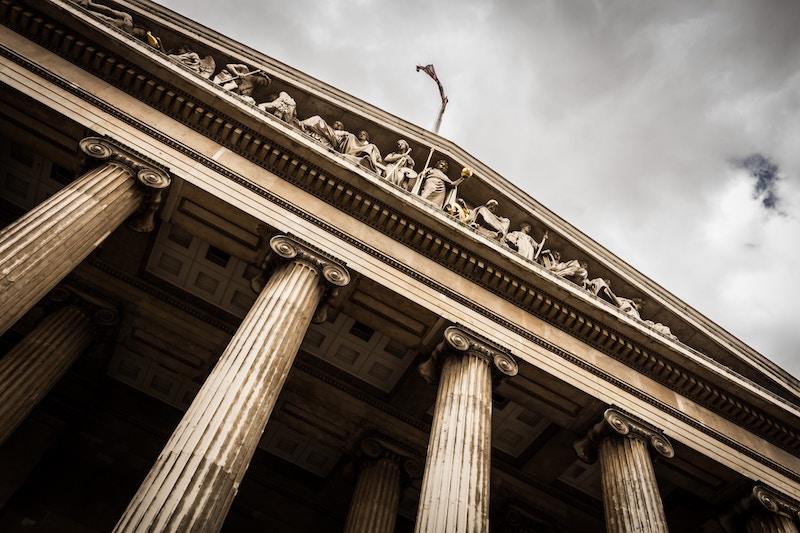New York’s Chief Judge Calls on Courts to Order Prosecutors to Turn Over Information Favorable to Defense
On November 7, 2017, New York’s Chief Judge Janet DiFiore directed all judges presiding over criminal matters to order prosecutors to turn over materially exculpatory evidence within a certain time period prior to commencement of trial. While the duty to disclose such evidence has existed since 1963, Judge DiFiore’s memo to judges highlights a growing concern over whether prosecutors are turning over exculpatory evidence. Most prosecutors are well aware of this duty and comply with their obligations, and many judges already require prosecutors to address with the court their compliance with turning over such evidence. Yet according to the National Registry of Exonerations, of the 234 defendants exonerated since 1989 in New York, 88 of those cases involved the withholding of Brady material.
What is Brady Material?
Named after the landmark U.S. Supreme Court case of Brady v. Maryland, 373 U.S. 83 (1963), so-called “Brady material” refers to materially exculpatory evidence in the possession of the prosecution. This includes any evidence known to the prosecutor which is favorable to the accused – whether it be evidence that would reduce a defendant’s culpability, evidence going to the credibility of a witness, or evidence that tends to negate a defendant’s guilt. In other words, Brady material is anything that can help the defense attack the prosecution’s case.
What is the Prosecution’s Duty?
If a prosecutor doesn’t turn over Brady material, the Due Process rights guaranteed to a criminal defendant by the U.S. Constitution and New York’s state constitution are violated. The U.S. Supreme Court recognized that “[s]ociety wins not only when the guilty are convicted but when criminal trials are fair,” and that a prosecutor should not be the “architect of a proceeding that does not comport with standards of justice.”
A prosecutor is not just responsible for disclosing any Brady material in his or her file. A prosecutor is also responsible for discovering whether there is any exculpatory information known to any members of the prosecution team , including law enforcement, investigators, and other experts. The prosecutor cannot claim ignorance but must actually find out what information is in the files of the people on whose work and expertise the prosecutor relies.
What Happens When the Evidence Isn’t Turned Over?
If the prosecution doesn’t turn over the evidence, and the defense is prejudiced by the failure to disclose the evidence, it can be suppressed. However, this is an issue addressed on appeal after a defendant has already been convicted. On appeal or at a hearing on the issue, the defendant must prove that there was a reasonable probability that the outcome of the trial would have been different had the prosecution disclosed the evidence. Notably, the evidence can be suppressed whether or not the prosecutor intentionally or inadvertently withheld the evidence from the defense.
Prosecutors are nearly immune to any civil penalty for failing to disclose Brady material – even when the evidence was withheld intentionally and even when a defendant spends years in prison. Many times, a prosecutor also avoids any discipline from the judicial committee. While in the past courts have failed to impose sanctions on prosecutors for Brady violations, Judge DiFiore’s directive may encourage judges to hold prosecutors in contempt when the judge’s order to disclose Brady material is not followed.
Sources:
- DeSantis, Susan. “Judges Ordered to Direct Prosecutors to Turn Over Information Favorable to Defense.” New York Law Journal, Nov. 7, 2017. Available at: https://www.law.com/newyorklawjournal/sites/newyorklawjournal/2017/11/07/judges-ordered-to-direct-prosecutors-to-turn-over-information-favorable-to-defense/ (last accessed Nov. 8, 2017).
- Brady v. Maryland, 373 U.S. 83 (1963).

